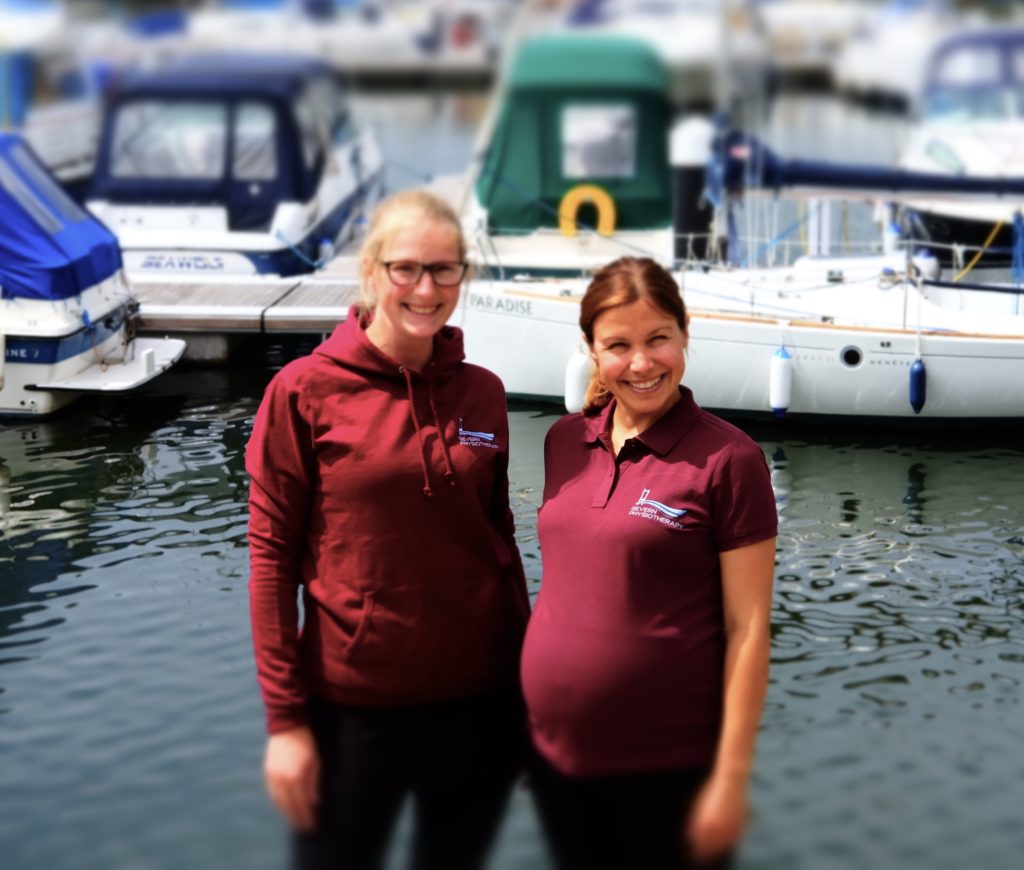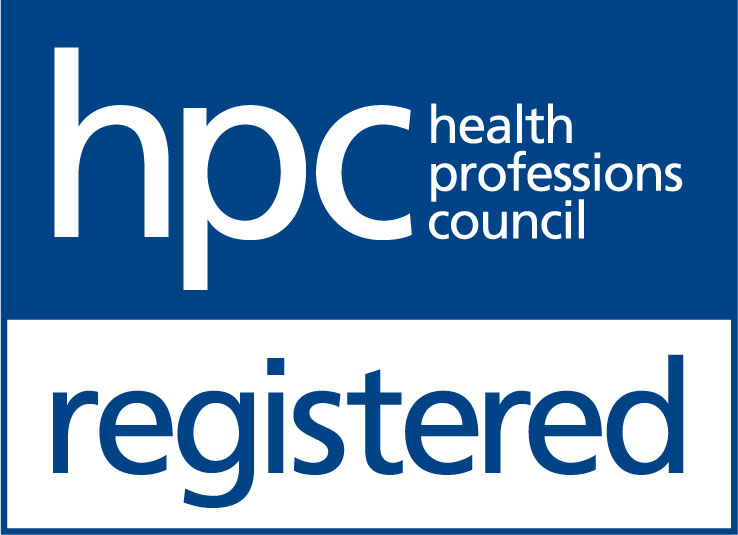Covid 19 is a type of respiratory infection. Many people who contract it only experience mild symptoms and recover quickly; however some people have more severe symptoms and take longer to recover. “Long Covid” is term used when people take longer than a few weeks to recover from Covid 19. This link explains more about Long Covid.
People report a huge range of symptoms as part of Long Covid. Below we’ll cover some ways to manage some of the more common symptoms:
Fatigue
We commonly experience fatigue after a busy day or a lot of exercise. However, some people have this feeling even after resting and eating well, and this can be problematic. The most important thing to remember is that you are not alone; this is a common experience for people with a range of health conditions and there are things you can do to manage this more easily. There at e a few key things you can do:
Be kind to yourself – it may sound silly but people put a lot of pressure on themselves to “keep going”; fatigue is real and it is important you acknowledge to yourself that you need to pace and prioritise activities. Speak to your friends and family so they understand how you’re feeling
Do what you can do get a good night’s sleep – this can be easier said than done, but this link gives some good advice on getting some sleep
Relaxation techniques – things like guided meditation and gentle yoga have been shown to reduce someone’s feeling of fatigue
Pace your activities – try to avoid doing lots one day then having no energy for anything this next. Keeping an activity diary can help you keep track of this
Prioritise – plan out each day what needs doing then decide what is most important to you to get done
Delegate – if you can, delegate activites to other people. Would your partner be able to do the dishes? Could a friend go to the shops? Often those around you will want to help but not be sure how, so will often be pleased to be asked!
Eat a healthy diet – this link gives some great advice on what to eat to give you the most energy
Be as active as you can – making sure you keep going with pacing and listening to your body, gentle activity can help you to manage your fatigue
Breathlessness
Feeling short of breath is very common before and after a respiratory illness. You may find that you become short of breath doing day to day tasks or having to stop more often to catch your breath. This feeling of breathlessness can make you feel a sense of panic.
Here are some tips on managing your shortness of breath
- It’s important to remember that everyone gets short of breath when they do more than they have been doing recently
- Pace your activities – allow longer to, for example, walk to the shops. It’s OK to stop for a rest if you need
- Break down tasks into smaller bits that can be done during the day or even over few days
- Try not to stop doing things because you’re short of breath; this drives a cycle where you become less active, thereby becoming more short of breath when you need to be active
- Gentle exercise is likely to make you feel less breathless over time
- This link gives details of some different techniques to try to manage your breathlessness
Physiotherapy has been shown to help symptoms of fatigue and breathlessness. Our expert Physiotherapists can help you manage these symptoms and regain your independence. Depending on your needs, we can see you virtually or face to face. Get in touch today to see if our service is right for you
All information contained in this post is general; we encourage you to seek individualised assessment and treatment from a relevant healthcare professional. We endeavour to regularly review our posts to make sure all information is in accordance with recent guidance and research.



